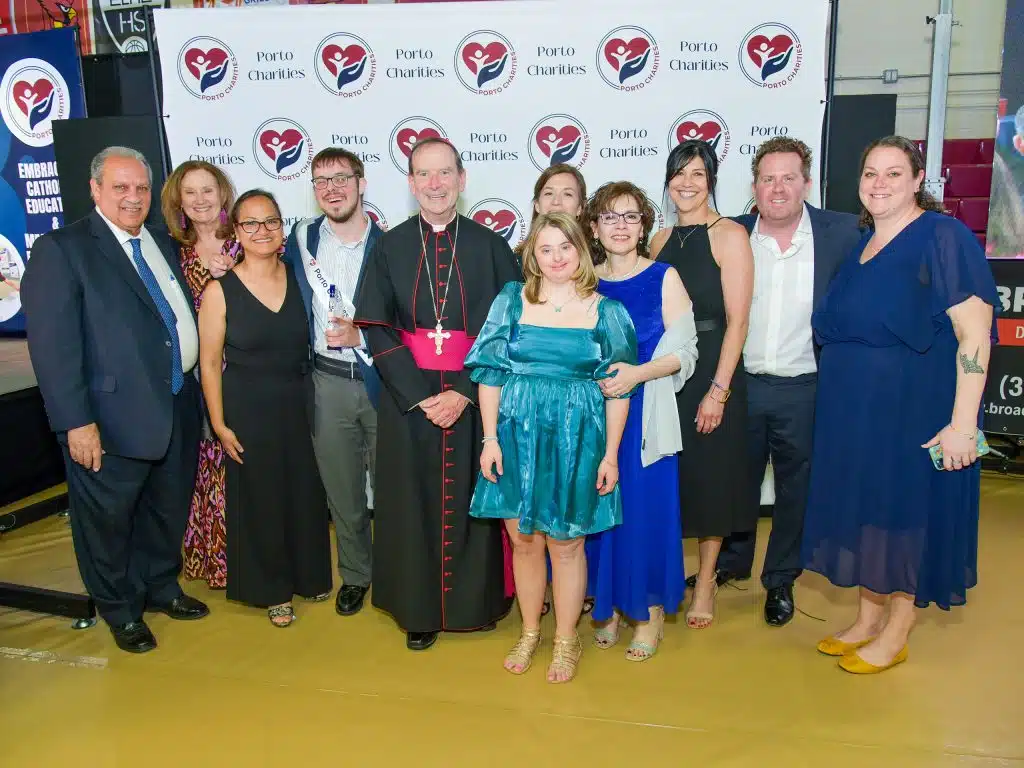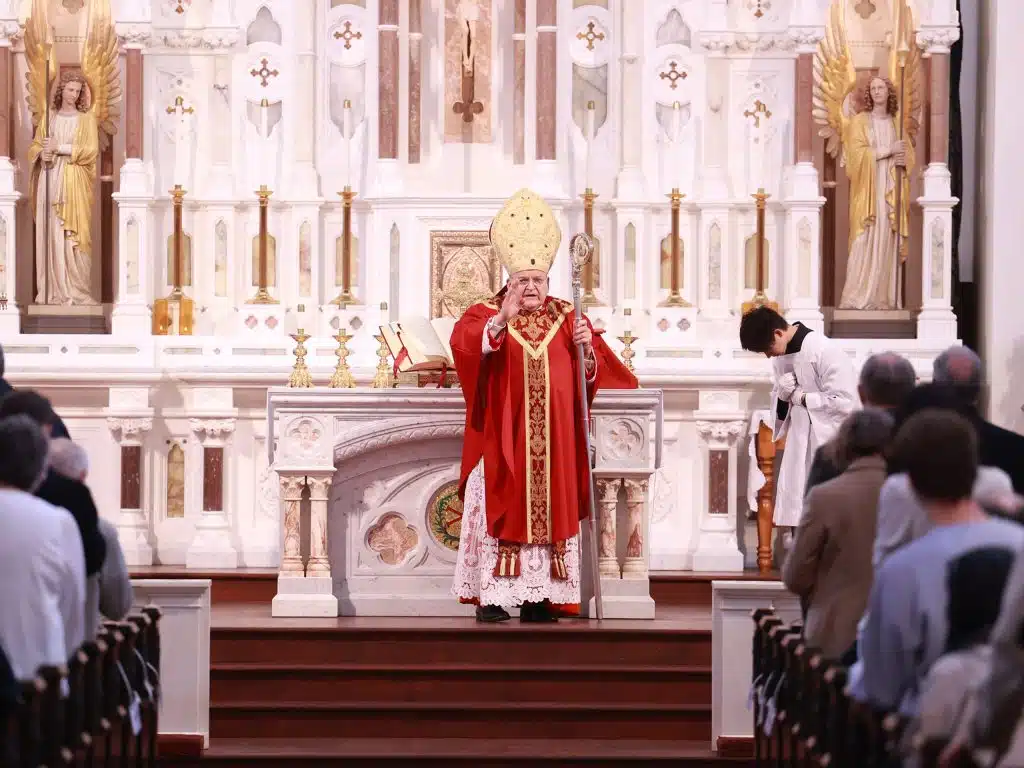One of my most meaningful experiences as a high school teacher was our daily Gospel reflection each class. Students delighted me with their applications of Christ’s messages and sometimes elicited important clarifications. When Jesus promises “a hundredfold” to those who give up houses and family and lands to follow him, most students would focus on eternal life and future reward. I wanted to proclaim, “Don’t you see I am living these promises now?” Instead, I tried to share gently how Jesus’ words — you will “receive a hundred times more now in this present age: houses and brothers and sisters and mothers and children and lands” (Mk. 10:30) — have already come true in my life in relation to the Franciscan Sisters of the Eucharist, the Franciscan Brothers of the Eucharist, and the other persons, houses, children and lands where I have been missioned.
While all the baptized are called to imitate Christ, consecrated life raises the “evangelical counsels” of chastity, poverty and obedience to the level of vows, by which a consecrated man or woman follows more closely the chaste, poor and obedient Christ. Consecrated life is sometimes referred to as an “eschatological sign,” both because it points to the realities of life in heaven, where all will be chaste, with no property and perfectly united to God’s will, and because consecrated men and women are privileged to begin to live this way of life now.
Through the sacrament of Holy Orders, the ordained priest becomes a visible sign of Christ’s presence on earth, sanctifying, teaching and guiding his people. In the sacrament of matrimony, husband and wife make visible the mutual love of Christ, the bridegroom, and the church, his bride. Consecrated life is not a sacrament. Rather, consecrated life is a radical living of the graces of the primary vocational sacrament, baptism.
After graduating from college and before discerning consecrated life, I grew more aware of the gifts of baptism, strengthened in confirmation, and nourished through daily reception of the Eucharist. These sacraments “initiate” one into the fullness of Christian life and prepare for a total gift of self in return. The Catechism of the Catholic Church describes the vows as a response to the First Commandment: “I am the Lord your God, (…) you shall not have other gods besides me” (Ex 20:2, 3) (see CCC 2103). Through the vows, consecrated life bears witness that God is our “one and only” and “all in all.”
Religious brothers remind us that, in uniting our human nature to himself, Jesus Christ became our brother. Religious sisters, also known as “brides of Christ,” anticipate the eternal wedding feast of the Lamb and daily live the challenge of spousal fidelity to Christ. Through fraternal charity in community life, both brothers and sisters foreshadow the unity of humanity in heaven and reflect the truth that all the baptized are “brothers and sisters in Christ.” As members of the family of God through baptism, let us encourage one another to respond to God’s call in our daily lives.
Sr. Elliott, who grew up a member of in St. Mark Church in Vienna, joined the Franciscan Sisters of the Eucharist in 2011 and made her perpetual profession March 27, 2021. She is youth ministry director at St. Philip Church in Falls Church.


